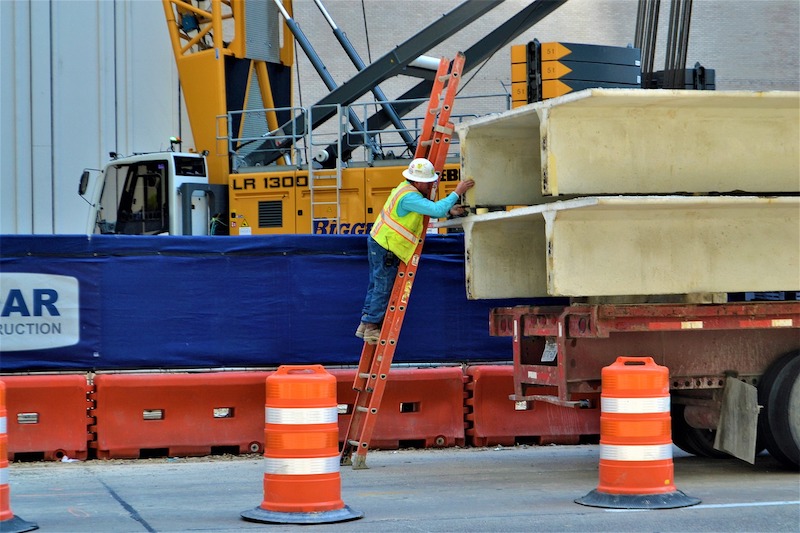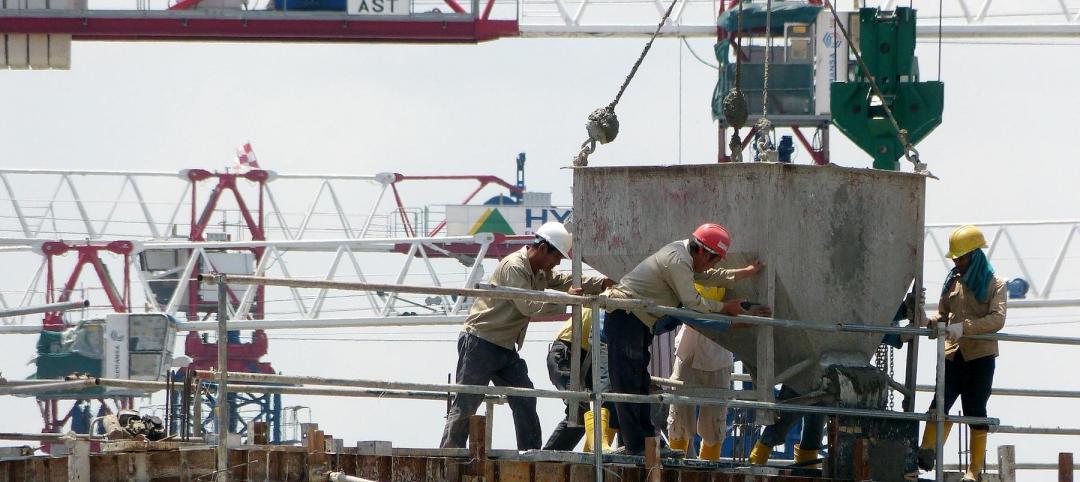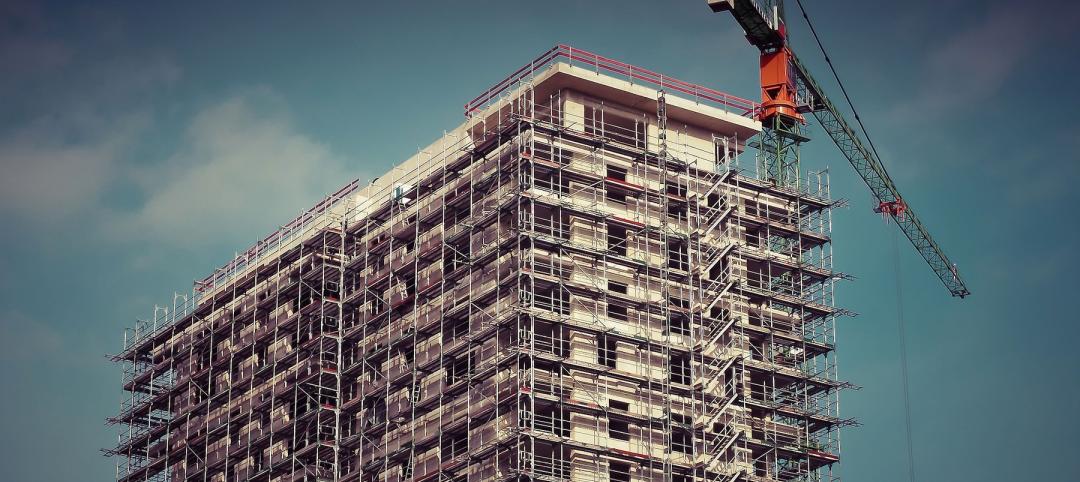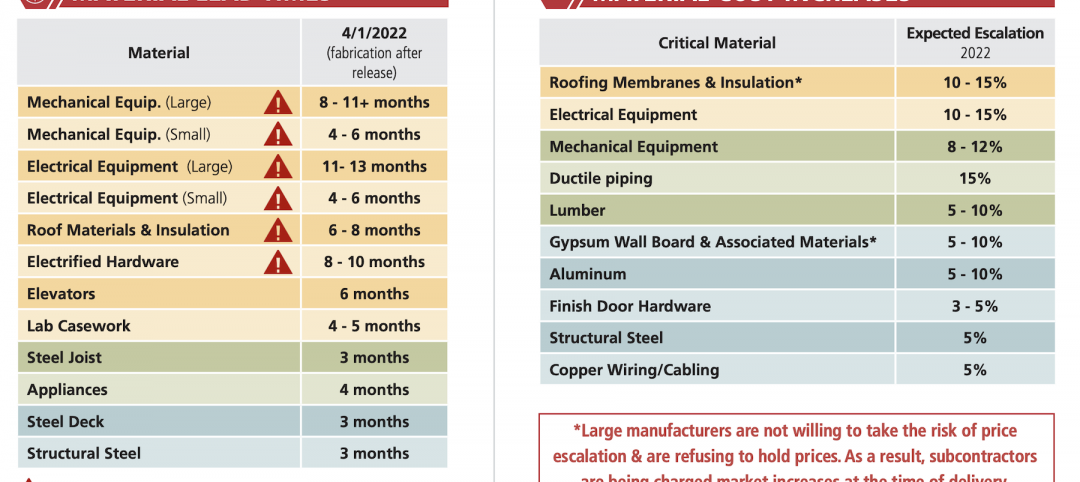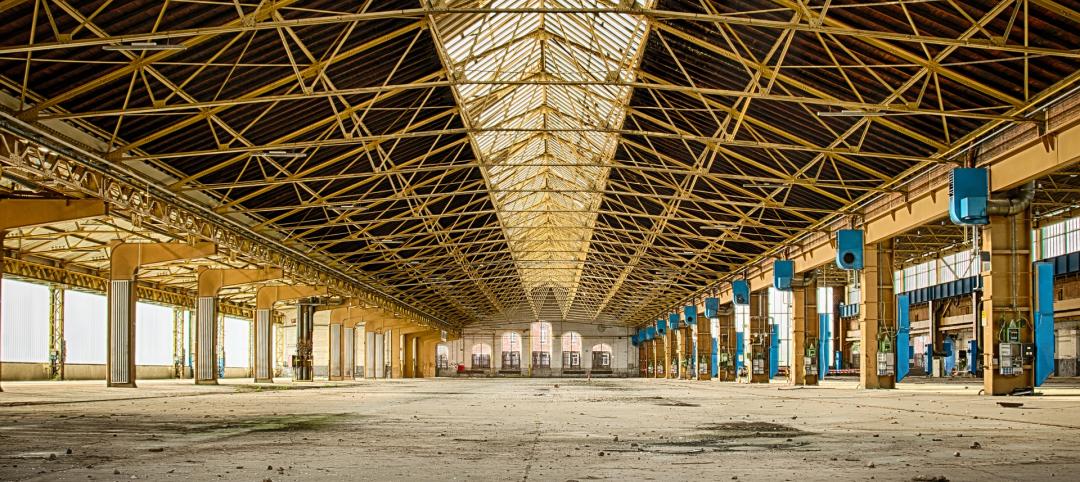Construction employment stagnated in January, ending eight months of recovery from the pandemic-related losses of early 2020, according to an analysis by the Associated General Contractors of America of government data released today. Association officials added that new measures being considered in Congress, including the PRO Act and the National Apprenticeship Act, threaten to undermine the sector’s recovery by disrupting ongoing projects and hampering employers’ ability to train workers.
“The stagnation in construction employment in January may foreshadow further deterioration in the industry as projects that had started before the pandemic finish up and owners hold off on awarding new work,” said Ken Simonson, the association’s chief economist. “With so much of the economy still shut down or operating at reduced levels, it will likely be a long time before many nonresidential contractors are ready to hire again.”
Construction employment dipped by 3,000 to 7,392,000 in January from a downwardly revised December total. Employment in the sector remains 256,000 or 3.3% lower than in February 2020, the most recent peak.
Nonresidential construction has had a much weaker recovery than homebuilding and home improvement construction, Simonson added. While both parts of the industry had huge job losses in early 2020 from the pre-pandemic peak in February to April, residential building and specialty trade contractors have now recouped all of the employment losses they incurred. In contrast, nonresidential construction employment—comprising nonresidential building, specialty trades, and heavy and civil engineering construction—was 259,000 or 5.5% lower in January than in February 2020. Only 60% of the job losses in nonresidential construction had been erased as of last month.
Unemployment in construction soared over the past 12 months. The industry’s unemployment rate in January was 9.4%, compared to 5.4% in January 2020. A total of 938,000 former construction workers were unemployed, up from 515,000 a year earlier. Both figures were the highest for January since 2015.
Association officials warned that the newly-introduced PRO Act would hurt construction workers and demand for future projects by unleashing a new wave of labor unrest that could put a halt to many types of construction projects, even those that are not directly involved in a labor dispute with a union. Meanwhile, the National Apprenticeship Act seeks to deny federal funding to registered apprenticeship programs that are not operated with unions. This would undermine the ability of many firms across the country to train and prepare workers.
“Instead of finding ways to build back better, these new congressional proposals would leave many workers unpaid and untrained while projects languish, unfinished,” said Stephen E. Sandherr, the association’s chief executive officer. “It is hard to see how cutting funding to training programs, undermining workers, and crippling the economy will help put more people back to work in construction or other fields.”
Related Stories
Market Data | May 18, 2022
Architecture Billings Index moderates slightly, remains strong
For the fifteenth consecutive month architecture firms reported increasing demand for design services in April, according to a new report today from The American Institute of Architects (AIA).
Market Data | May 12, 2022
Monthly construction input prices increase in April
Construction input prices increased 0.8% in April compared to the previous month, according to an Associated Builders and Contractors analysis of U.S. Bureau of Labor Statistics’ Producer Price Index data released today.
Market Data | May 10, 2022
Hybrid work could result in 20% less demand for office space
Global office demand could drop by between 10% and 20% as companies continue to develop policies around hybrid work arrangements, a Barclays analyst recently stated on CNBC.
Market Data | May 6, 2022
Nonresidential construction spending down 1% in March
National nonresidential construction spending was down 0.8% in March, according to an Associated Builders and Contractors analysis of data published today by the U.S. Census Bureau.
Market Data | Apr 29, 2022
Global forces push construction prices higher
Consigli’s latest forecast predicts high single-digit increases for this year.
Market Data | Apr 29, 2022
U.S. economy contracts, investment in structures down, says ABC
The U.S. economy contracted at a 1.4% annualized rate during the first quarter of 2022.
Market Data | Apr 20, 2022
Pace of demand for design services rapidly accelerates
Demand for design services in March expanded sharply from February according to a new report today from The American Institute of Architects (AIA).
Market Data | Apr 14, 2022
FMI 2022 construction spending forecast: 7% growth despite economic turmoil
Growth will be offset by inflation, supply chain snarls, a shortage of workers, project delays, and economic turmoil caused by international events such as the Russia-Ukraine war.
Industrial Facilities | Apr 14, 2022
JLL's take on the race for industrial space
In the previous decade, the inventory of industrial space couldn’t keep up with demand that was driven by the dual surges of the coronavirus and online shopping. Vacancies declined and rents rose. JLL has just published a research report on this sector called “The Race for Industrial Space.” Mehtab Randhawa, JLL’s Americas Head of Industrial Research, shares the highlights of a new report on the industrial sector's growth.
Codes and Standards | Apr 4, 2022
Construction of industrial space continues robust growth
Construction and development of new industrial space in the U.S. remains robust, with all signs pointing to another big year in this market segment


